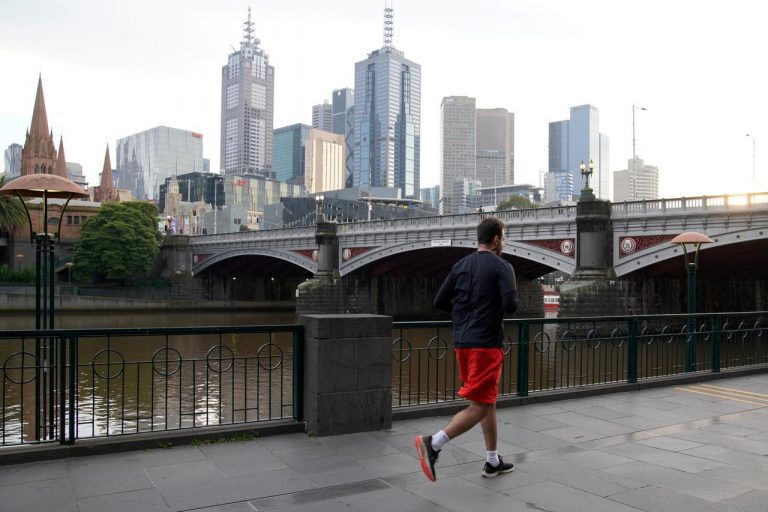
(Reuters) Australian researchers hope to start human trials of a coronavirus antibody therapy in early 2021, while a large-scale trial of a vaccine could begin by the end of this year, scientists said on Wednesday.
The research targets came as the country’s virus hotspot, Victoria state, recorded its second-most deadly day of the pandemic with 24 deaths. Just 149 new cases were reported, well down from daily rises of more than 700 about three weeks ago.
Melbourne’s Walter and Eliza Hall Institute has made good progress in identifying the most potent antibodies that could neutralise the spike protein on the virus that causes COVID-19, stopping it from being able to enter human cells, researcher Wai-Hong Tam said.
Antibody therapies would be most useful for the elderly and people with weakened immune systems, she said.
Almost 64% of Australia’s 549 deaths from COVID-19 have occurred among residents of aged-care homes, mostly in Victoria.
“If we’re very hopeful, we are looking at clinical trials early next year,” Tam told reporters.
Separately, the University of Queensland said its scientists had reported to the International Society for Vaccines that their “molecular clamp” vaccine had been found to be effective in hamsters and could be manufactured at scale.
Assuming the team’s ongoing phase 1 clinical trial shows adequate safety and immune responses, its partner, CSL Ltd, could start a large-scale study before the end of this year, UQ project co-leader Keith Chappell said.
The “molecular clamp” technology adds a gene to viral proteins to stabilise them and trick the body into thinking it is seeing a live virus so it makes antibodies against it.






